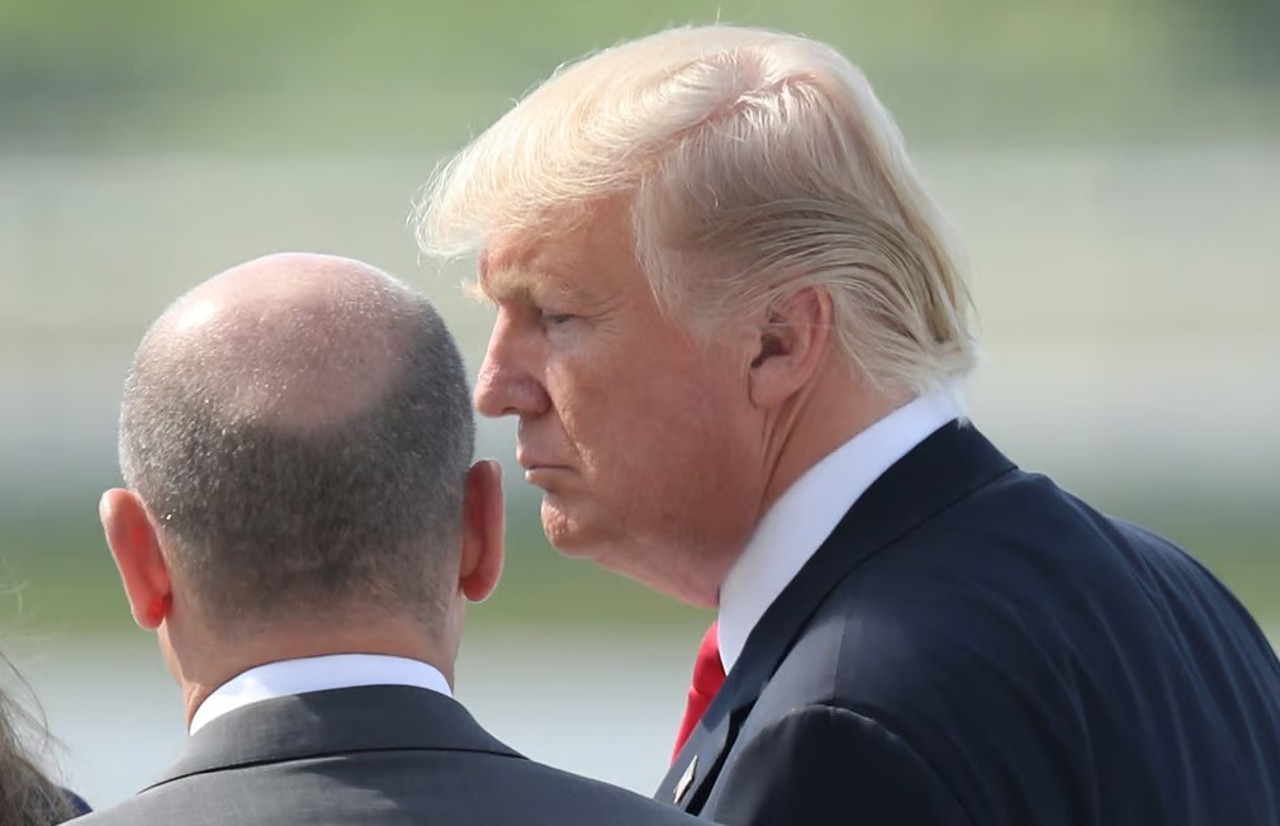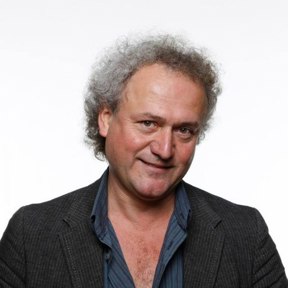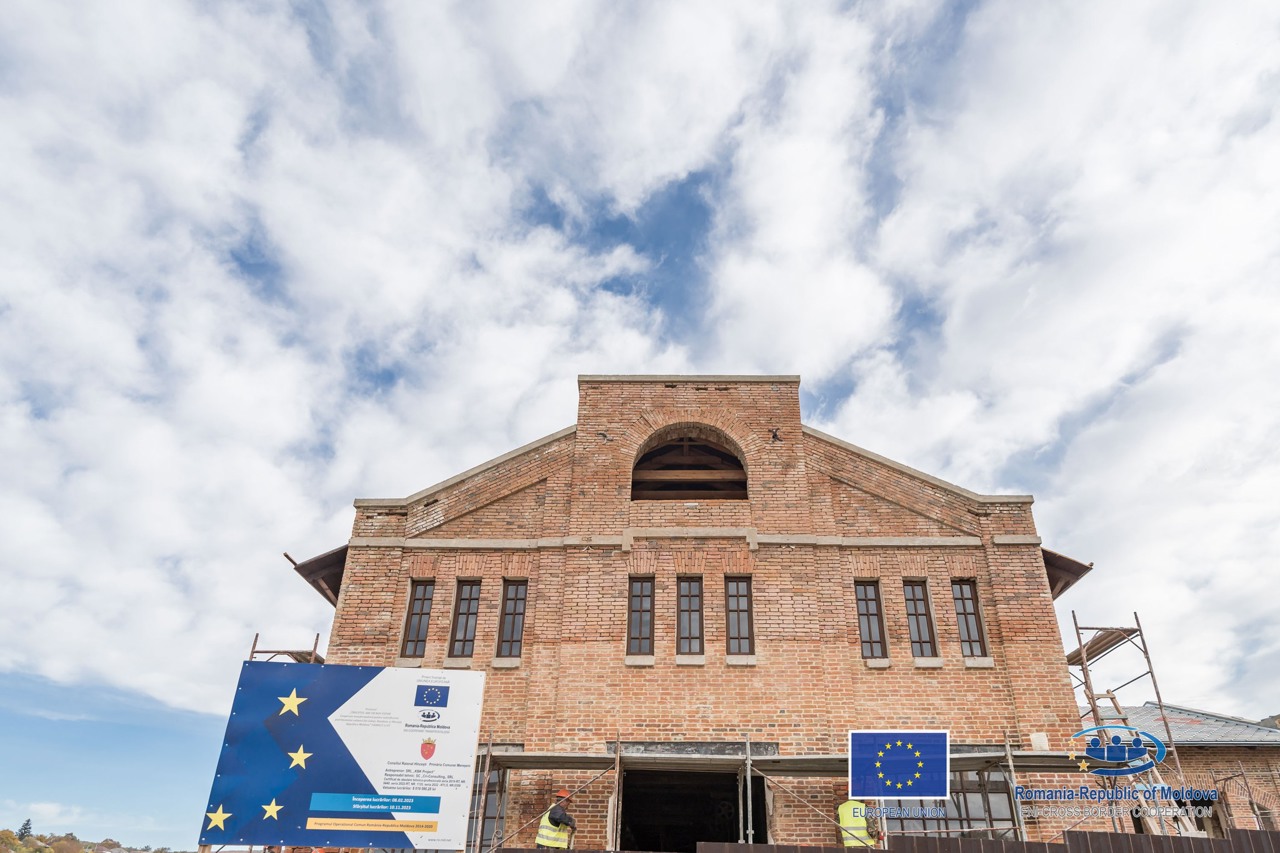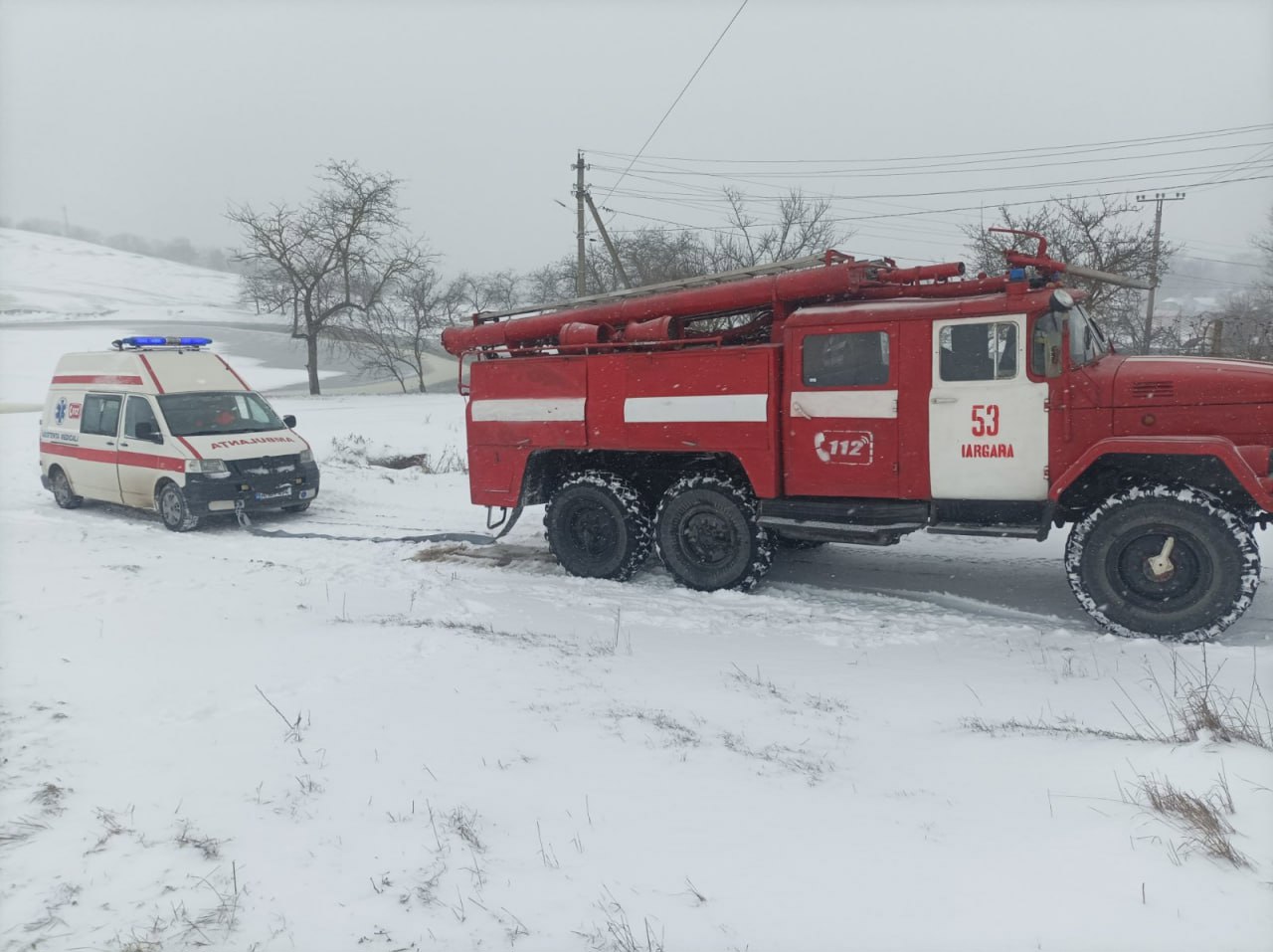EU confronts Trump’s Greenland plan amid rising tensions
The European Union is reinforcing its official position against Donald Trump’s threat to seize control of Greenland—by military force if necessary—following new remarks that leave no doubt about the gravity of the former U.S. president’s expansionist ambitions.
Consequently, significant tensions are mounting in Europe since Trump declared that gaining control over Greenland is a matter of vital national security for the United States. The autonomous Arctic territory is part of the Kingdom of Denmark, a NATO founding member. Since Denmark is an EU member state, Greenlanders are citizens of the European Union. However, Trump’s insistence has sent shockwaves through Europe, prompting an intervention from German Chancellor Olaf Scholz.
“Borders must not be moved by force," said German Chancellor Olaf Scholz on Tuesday after meeting with Danish Prime Minister Mette Frederiksen.
"The inviolability of borders is a fundamental principle of international law," he continued, without directly mentioning Donald Trump. "This principle must apply to everyone."
Chancellor Scholz reinforced the notion that "the inviolability of borders is a fundamental principle of international law."
This is not about Putin or Russia; rather, diplomats have now set aside time to discuss Europe’s relations with Trump—including tensions over Greenland—at an informal meeting of EU leaders in Brussels on February 3.
Even British Labour Prime Minister Keir Starmer is set to attend, as London and Brussels seek closer cooperation on defense and security.
Additionally, Greenland falls under the EU treaties’ mutual defense clause. According to Article 42.7, all member states have an "obligation of aid and assistance" if another member state is "the victim of armed aggression on its territory."
Regarding Trump’s actions, European capitals—from London to Copenhagen—generally consider avoiding a public war of words to be the best approach whenever possible.
However, in Greenland, which possesses vast mineral reserves and holds a strategic position in the Arctic, the EU’s previously patient approach toward U.S. unpredictability regarding the territory seems to be reaching its limit.
Greenland is a semi-autonomous territory of the Kingdom of Denmark, deemed highly strategic due to its Arctic location and wealth of rare minerals. Climate change is expected to open new shipping routes and create opportunities for drilling.
Unlike Denmark, the vast island of 56,000 people is not part of the 27-nation bloc but enjoys a special status, with access to EU funds and freedom of movement for Greenlanders, who are considered EU citizens.
Translation by Iurie Tataru






